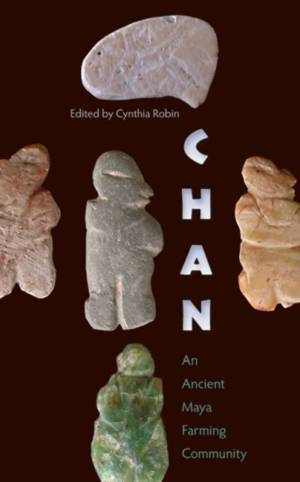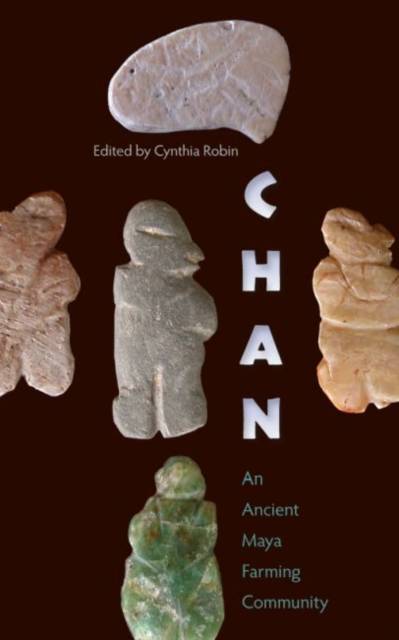
- Retrait gratuit dans votre magasin Club
- 7.000.000 titres dans notre catalogue
- Payer en toute sécurité
- Toujours un magasin près de chez vous
- Retrait gratuit dans votre magasin Club
- 7.000.0000 titres dans notre catalogue
- Payer en toute sécurité
- Toujours un magasin près de chez vous
Description
The farming community of Chan thrived for over twenty centuries, surpassing the longevity of many larger Maya urban centers. Between 800 BC and 1200 AD it was a major food production center, and this collection of essays reveals the important role played by Maya farmers in the development of ancient Maya society.
Chan offers a synthesis of compelling and groundbreaking discoveries gathered over ten years of research at this one archaeological site in Belize. The contributors develop three central themes, which structure the book. They examine how sustainable farming practices maintained the surrounding forest, allowing the community to exist for two millennia. They trace the origins of elite Maya state religion to the complex religious belief system developed in small communities such as Chan. Finally, they describe how the group-focused political strategies employed by local leaders differed from the highly hierarchical strategies of the Classic Maya kings in their large cities.
In breadth, methodology, and findings, this volume scales new heights in the study of Maya society and culture.
Spécifications
Parties prenantes
- Editeur:
Contenu
- Nombre de pages :
- 448
- Langue:
- Anglais
- Collection :
Caractéristiques
- EAN:
- 9780813039831
- Date de parution :
- 03-06-12
- Format:
- Livre relié
- Format numérique:
- Ongenaaid / garenloos gebonden
- Dimensions :
- 155 mm x 231 mm
- Poids :
- 716 g






